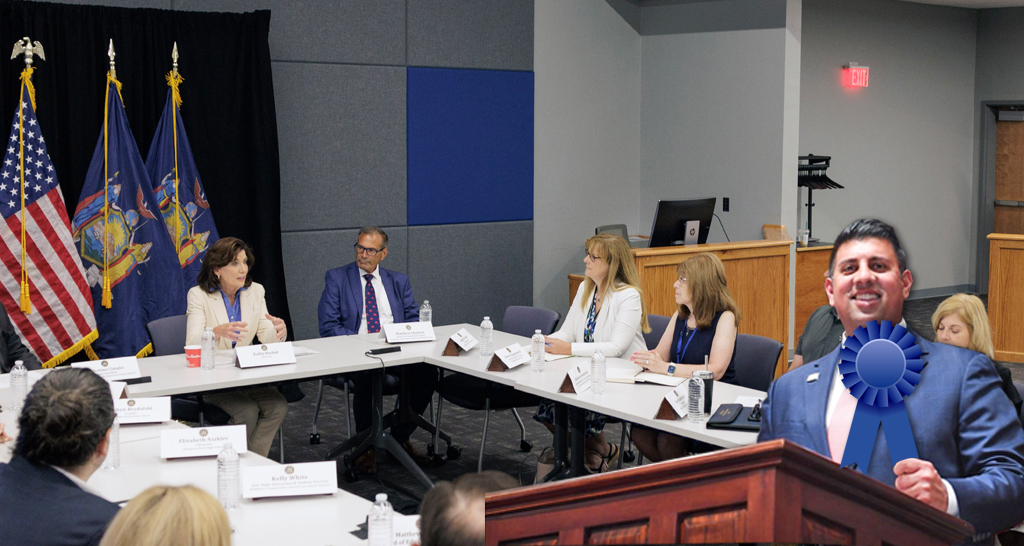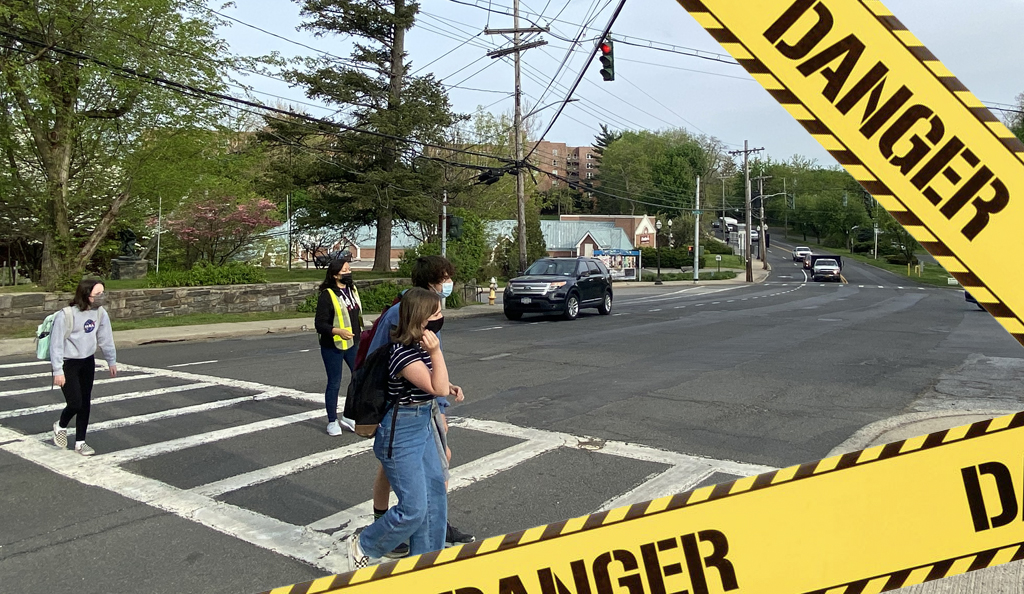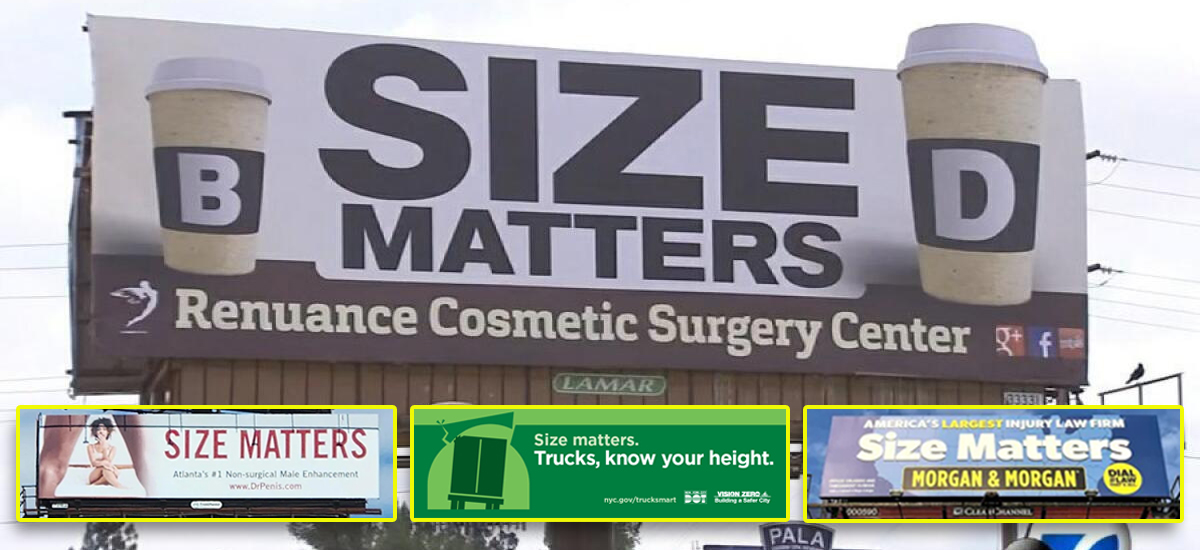Fix the mess.
Gov. Hochul must produce a "100-day plan" to replace the $16.5 billion MTA funding shortfall created by her decision to cancel congestion pricing's June 30 launch — either through an "alternative method of financing" or reinstating a "version" of the plan she kiboshed, a top Albany official said on Wednesday.
"The time for debating the merits of congestion pricing has passed, what is most important is keeping our promise to the passengers and workers impacted across the state," state Sen. Jeremy Cooney, who took over as chair of the Senate's Transportation Committee in May, wrote in an op-ed for USA TODAY.
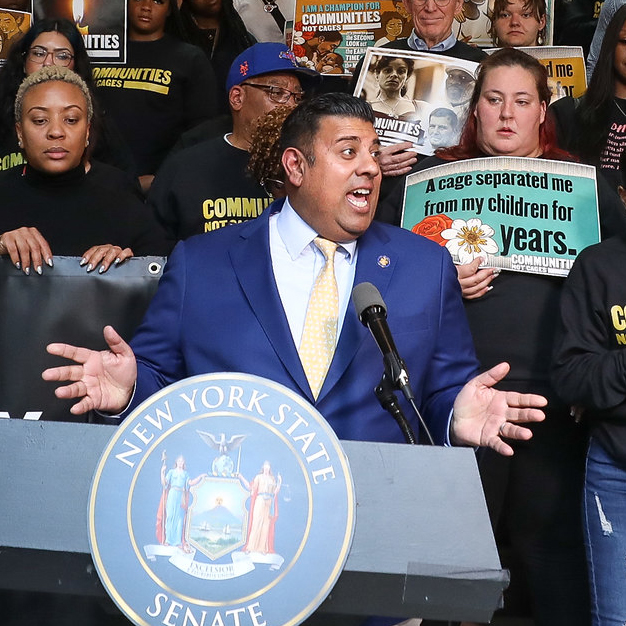
"The governor should convene finance, industry, labor and passenger representatives to thoughtfully recommend either an alternative method of financing the capital program or a version of the congestion pricing plan we already had in place," said Cooney, a Democrat from upstate Rochester. "Regardless of which of these options we choose, it’s clear that we can’t keep the MTA waiting until the next state budget or beyond."
Cooney's op-ed also called attention to the billions of dollars companies far from the MTA region will miss out on thanks to Hochul's decision, which he said "hurts upstate New York manufacturing." The total hit to the upstate economy amounts to about $12 billion and 100,000 jobs, according to Reinvent Albany.
"From Western New York and the Southern Tier, to the North Country and the Hudson Valley, every region in our state is affected by the decision to pause congestion pricing," Cooney wrote.
Hochul's abrupt and unexpected June 5 announcement to "indefinitely pause" congestion pricing threw the MTA into financial disarray. Transit officials have said some $16.5 billion worth of projects must be "deferred" without the tolling money — including station accessibility, signal upgrades, new trains and buses and the Second Avenue Subway extension into East Harlem.
The MTA may also have to turn to its operating budget to repay loans, raising the possibility of fare hikes or service cuts, officials warn.
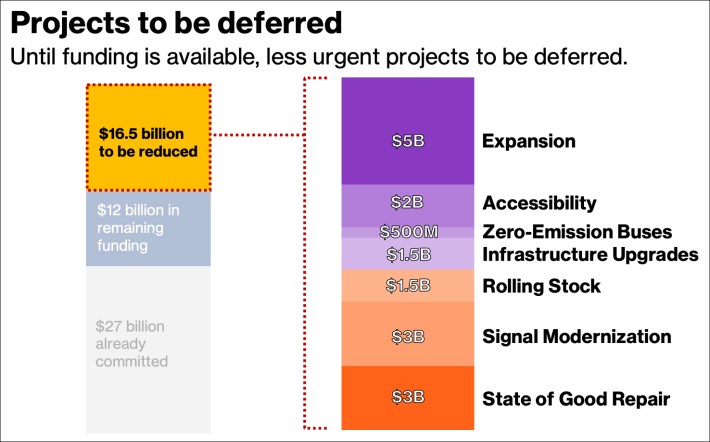
Other leaders in Albany may not share Cooney's urgency. Assembly Speaker Carl Heastie, who represents a Bronx district that would benefit greatly from MTA improvements, refused to condemn the governor's decision and insisted that he wants to "work on a solution that all parties can agree to" ... without offering any actual solution.
The senate leader, Senate President Andrea Stewart-Cousins, who represents a district in southern Westchester, has stayed mostly silent, deferring to her caucus — where a substantial number of senators back the tolls. Senate Finance Chair Liz Krueger, for example, believes that Hochul's subversion of the congestion pricing plan the legislature passed in 2019 violates the law.
Hochul, for her part, has been sanguine to the point of delusion about the MTA's prospects.
"We've been funding the MTA since the 1910s — billions of billions of dollars. We somehow did it without a few months of congestion pricing," Hochul said glibly last week in an interview with the Albany Times-Union's Dan Clark.
Reps for governor's office did not immediately return a request for comment. In the past, the governor has said she will fund the MTA's current and future capital plans, though she has offered no replacement for the congestion pricing revenue.
